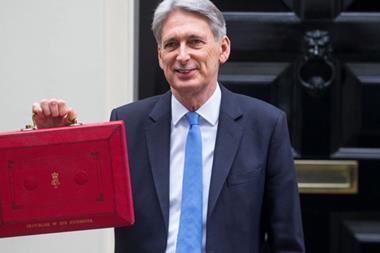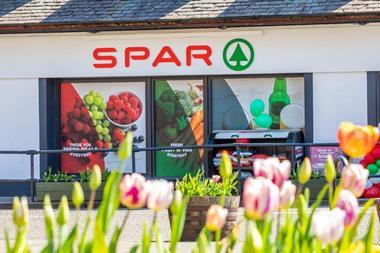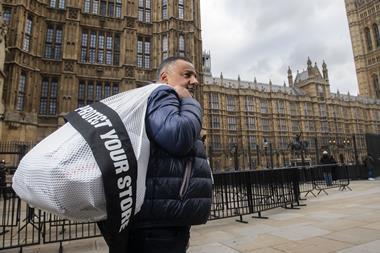Retailers consider impact of latest rise in wage costs

Retailers have started to explore how they will absorb rising staff costs after the chancellor’s decision to increase the National Living Wage (NLW) to £7.83 next April.
ALREADY HAVE A REGISTERED USER ACCOUNT? PLEASE LOG IN HERE
To read the full story join the ConvenienceStore.co.uk community today!
Registration is quick and easy and provides access to:
- Unlimited ConvenienceStore.co.uk articles
- Our great range of newsletters
- Content you’ve saved for later via the ‘my library’ feature
And much more…

























